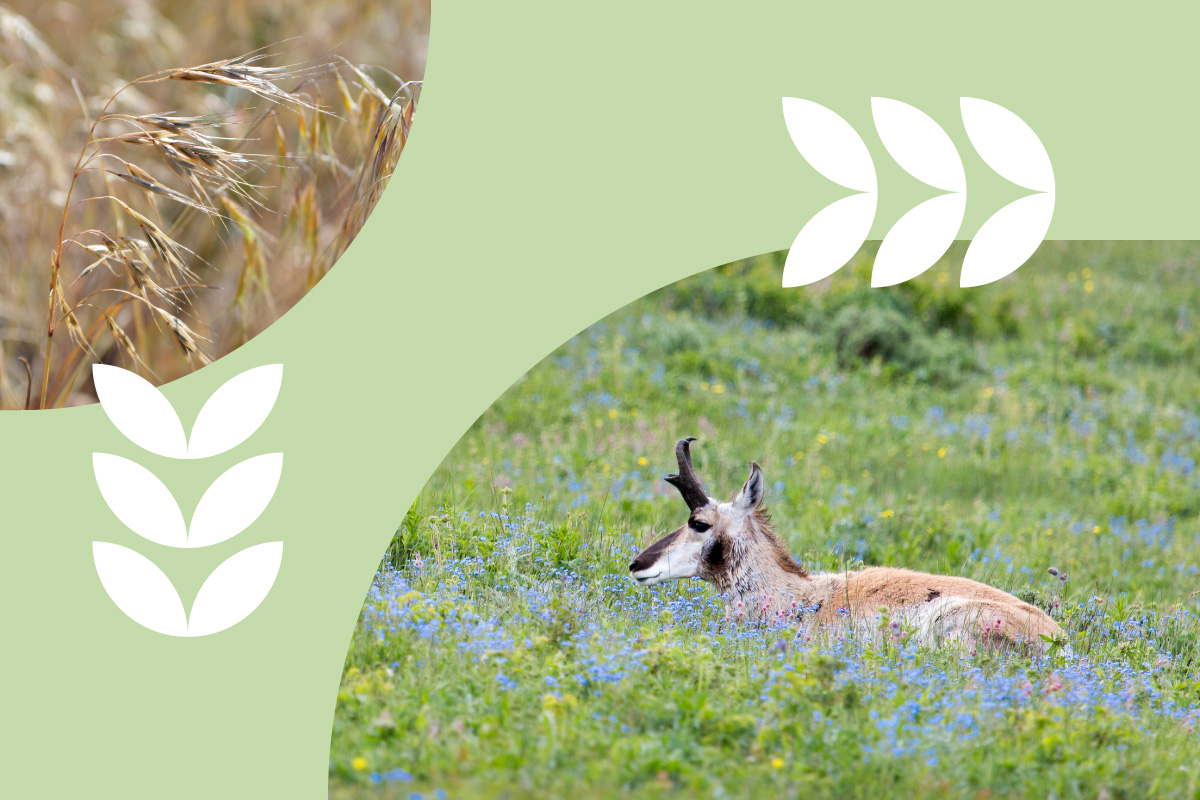
While the value of the resource itself cannot be doubted, there is strong evidence that additional rents arise from innovations in production as well as from users sharing information and coordinating harvests (see Deacon 2009 and Leal et al. 2008), both of which are stimulated by ownership claims to the fishery. Moreover, the amount of rents created is dependent on how the rights are allocated.
Some economists contend that ITQs are most efficiently allocated through auctions such as planning for Gulf shark fishery catch shares, but an article just published in the Annual Review of Resource Economics, by PERC senior fellows Terry Anderson and Gary Libecap, and Icelandic economist Ragnar Arnason, makes the case that “grandfathering” fishing rights to local users or recognizing historical participation in a fishery generates more rents. Their analysis shows how grandfathering increases rents by raising expected rates of return for investment, lowering the cost of capital, allowing for specialized local knowledge, and providing incentives for collective action.


